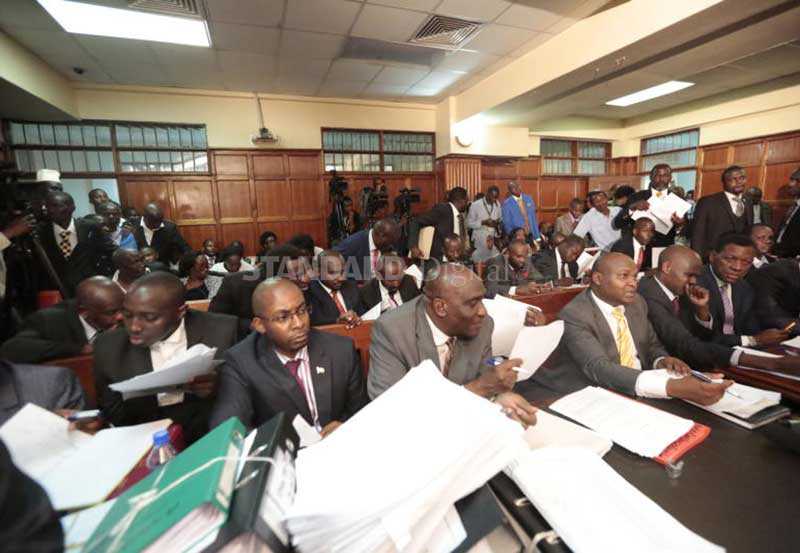
A recent report by the Ethics and Anticorruption Commission shows that bribery, favoritism, nepotism and embezzlement of funds are the most prevalent forms of corruption in both the national and counties governments. The report singled out departments within the Office of the President as the defending champions in this “sector.”
Perhaps the best illustration is best described by the recent public spat between Nandi governor Stephen Sang and Nandi Senator Kiprotich Cherargei. According to a story carried by The Standard, the Senator accused the governor of corruption, nepotism, flawed and unfair appointments to public offices. To drive the point home, the senator accused his governor of employing “slay queens” in high offices. If these allegations are true, Nandi County is a sample of what is rampant across all levels of government.